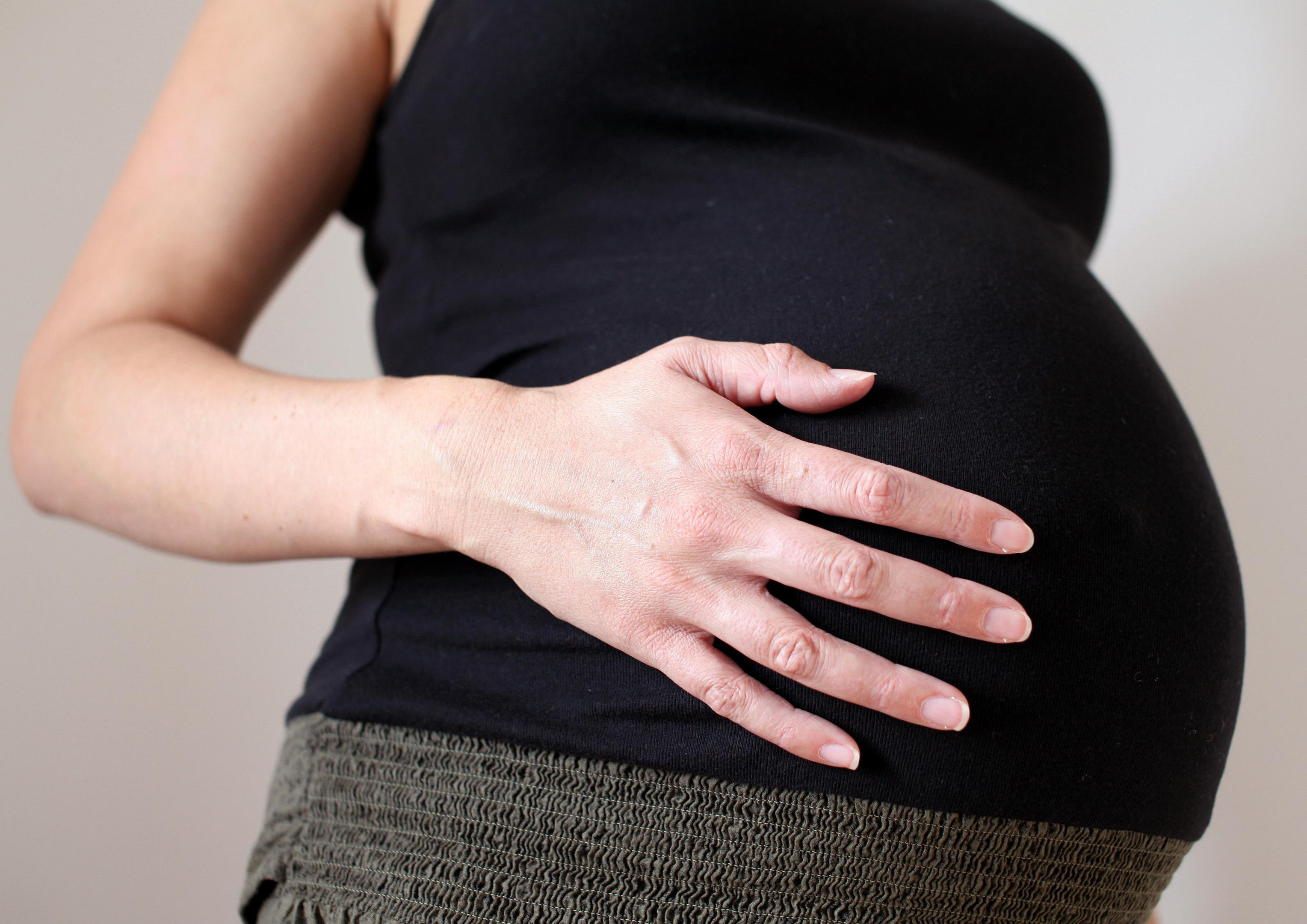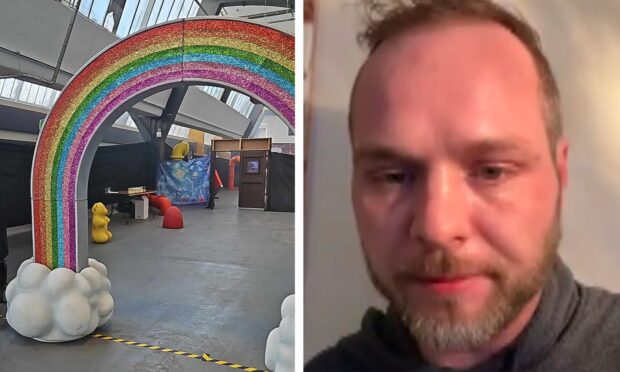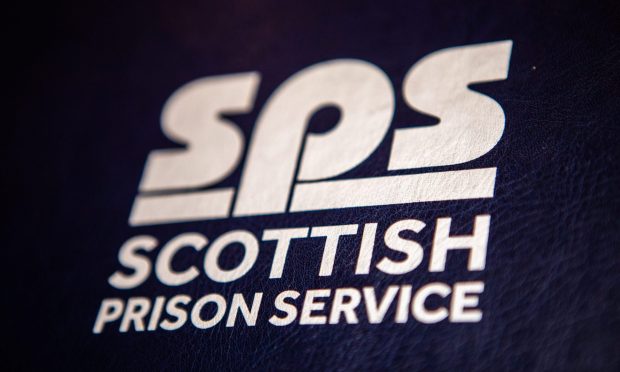Men and women should be asked regularly if they are planning to become parents, a health expert has said.
Dr Jonathan Sher has recommended that a check-list for those considering having a baby should become common place in Scotland in order to encourage healthier pregnancies.
This would encourage prospective parents to consider whether it was a good time to become pregnant, taking into account their overall physical and mental health.
In a report commissioned by NHS Greater Glasgow and Clyde, Dr Sher argued that a greater focus on “preconception” health is needed to ensure a “transformational improvement” in pregnancy and birth outcomes.
A key recommendation is the launch of a Scottish version of the One Key Question campaign, developed by the Oregon Foundation for Reproductive Health in the US.
Under the scheme health professionals such as doctors, nurses and other physicians would be encouraged to ask male and female patients of childbearing age whether there is a reasonable chance of starting a pregnancy within a year.
The report said: “The point is to use this question to spark a conversation that does not routinely take place across Scotland today.
“Such a public health campaign could be hugely beneficial in raising Scotland’s awareness of the meaning and value of preconception health, education and care.”
A check-list setting out the dos and don’ts of preparing for pregnancy “should become as omnipresent and well known in Scotland as football league tables and Irn Bru adverts”, the report said.
“There are established Dos and Don’ts – things to start, to consider and to stop – in advance of conceiving. If already healthy and living a good life, then this final stage of preparation usually need last only for a few months before conception.
“If in poor physical or mental condition, or burdened with unhealthy habits, illness and/or a chaotic life, then significantly more time and help may be needed to adequately get ready.”
Dr Sher said the recommendations are not about imposing a “nanny state” approach or “naming, shaming and blaming” prospective mothers and fathers, but are aimed at empowering them to make genuinely informed decisions.
In a statement, NHS Greater Glasgow and Clyde said: “It would be all too easy for policy makers to take the easy path of exclusively addressing pre-conception health through advice for individual behaviour changes.
“That would create wider inequalities in health as evidence shows that reproductive life plans are more likely to be taken by the most affluent, educated women.
“The report highlights the importance of this issue. At present there is no international evidence of effective interventions that improve pre-conception health of both future parents, the pregnancy outcomes and the health of the child.
“There is clearly a need to work with the wider international networks to create an evidence base for effective interventions.”







